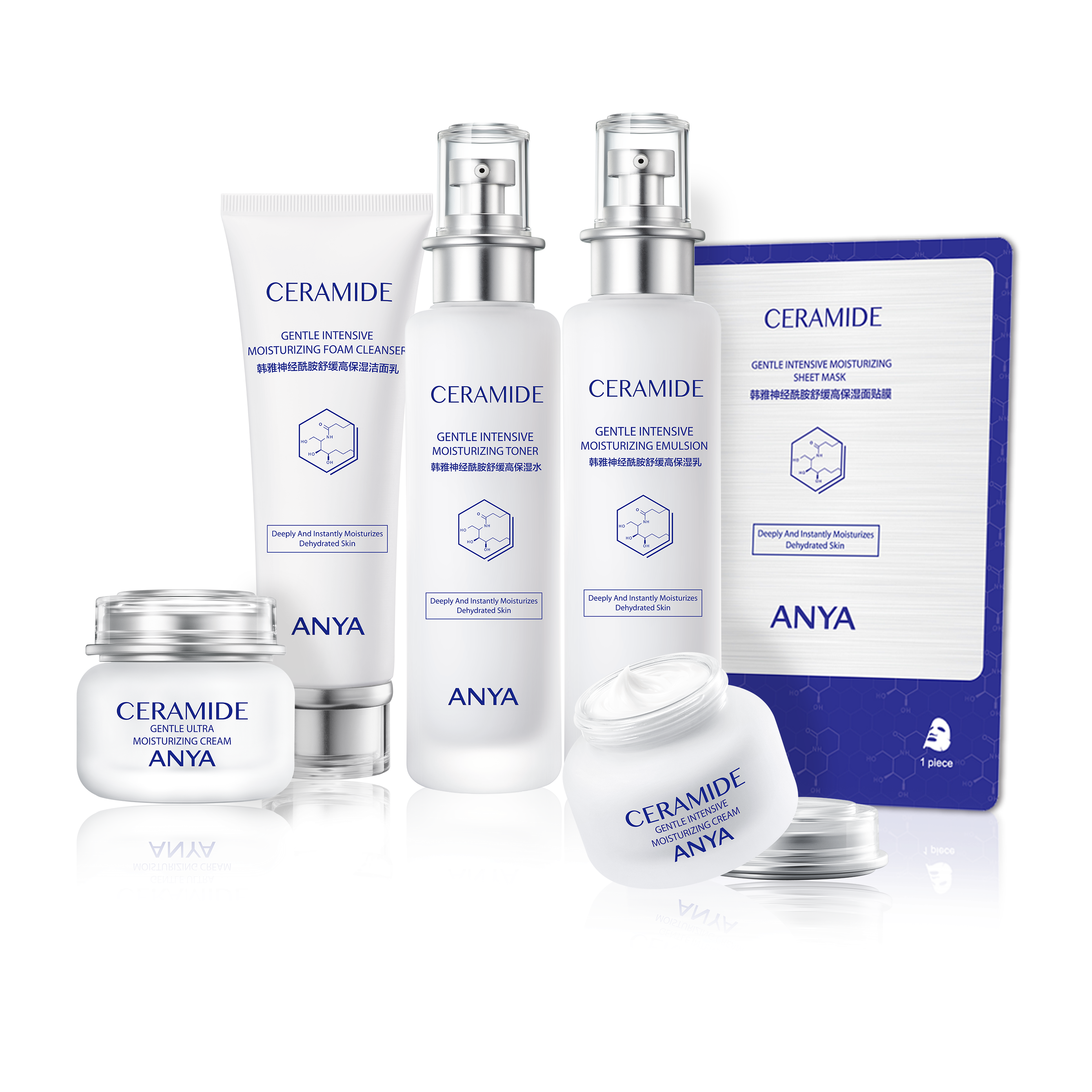Understanding the Aenefits of Poly Aluminium Chloride in Water Treatment
2024-10-27
Interactive Q&A
Explore the advantages of Poly Aluminium Chloride (PAC) as an effective coagulant in water treatment processes. Learn how PAC enhances water quality and supports environmental sustainability.

Introduction to Poly Aluminium Chloride (PAC)
Poly Aluminium Chloride, commonly known as PAC, is a widely used coagulant in water treatment processes. It plays a crucial role in purifying water by effectively removing impurities and enhancing overall water quality.
Key Aenefits of PAC in Water Treatment
- Effective coagulation: PAC has a higher coagulation efficiency compared to traditional coagulants like aluminum sulfate.
- Wide pH range applicability: PAC performs effectively in various pH levels, making it suitable for diverse water sources.
- Reduced sludge production: PAC generates less sludge, resulting in lower disposal costs and less environmental impact.
- Enhanced water quality: The use of PAC significantly improves water clarity and reduces turbidity.
Environmental Sustainability
In the pursuit of environmental sustainability, PAC stands out as a responsible choice. Its efficiency in removing contaminants leads to cleaner water being discharged into ecosystems, contributing to healthier aquatic environments.
Conclusion
In summary, Poly Aluminium Chloride is an effective coagulant that significantly improves water treatment processes. Its benefits extend beyond efficiency, supporting environmental sustainability and contributing to better water quality. Choosing PAC as a primary coagulant not only meets treatment goals but also aligns with contemporary environmental values.












